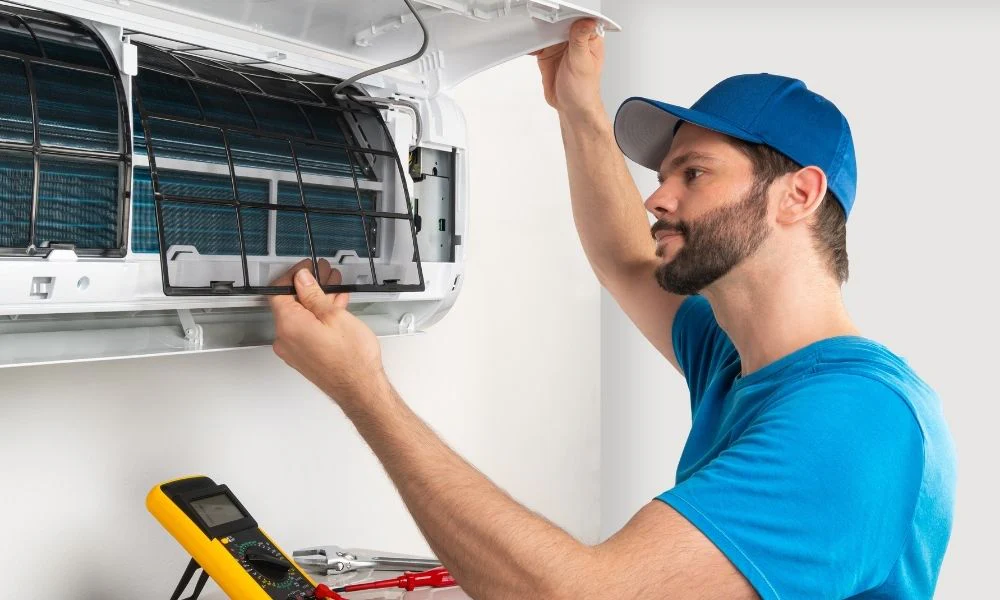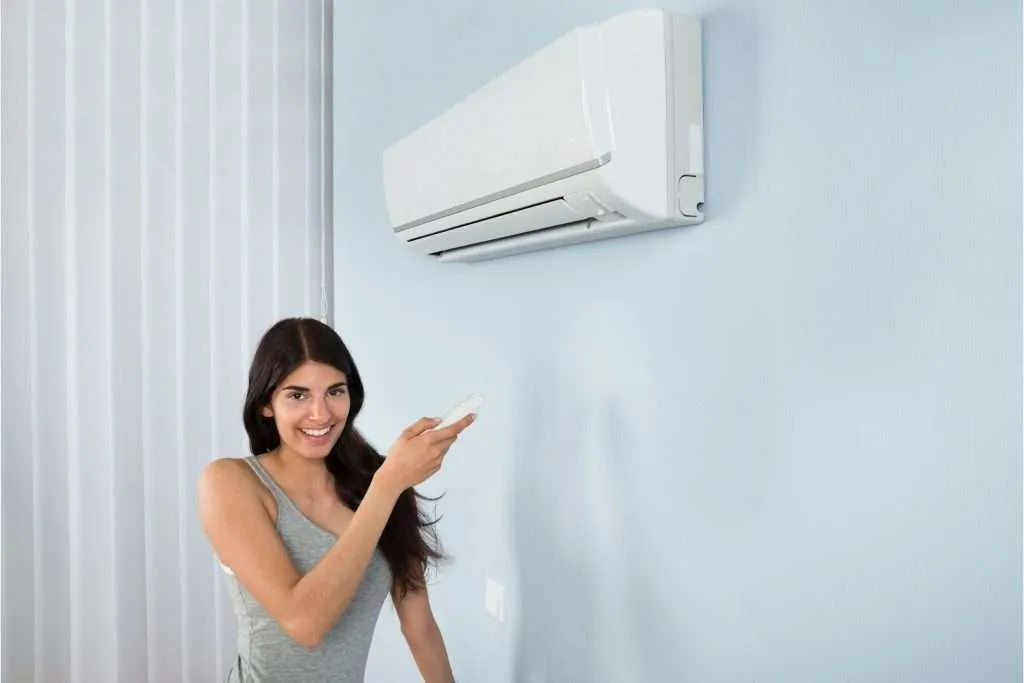
Reliable HVAC performance is a must across the changing seasons in Colorado and Wyoming. Cooling coils play a major role in how efficiently systems run, especially during extreme weather. Regular attention keeps systems cleaner, stronger, and longer-lasting. Let’s explore why professional coil maintenance makes such a big difference.
Clean coils directly impact system performance and comfort. Many property owners turn to HVAC cooling coils services in Colorado and Wyoming to help reduce energy costs and restore airflow. Dust, pollen, and grime collect quickly on coils and reduce their ability to transfer heat. This forces the system to run harder and longer to reach the set temperature. When coils are cleaned properly, systems cool faster and use less electricity. Over time, this adds up to major savings and fewer breakdowns.
Why Clean Coils Support Better System Health
Consistent coil care helps maintain balanced system performance. As dirt gathers over time, the system may begin to run with extra effort, placing an added load on key components. This can affect cooling speed, airflow, and overall operation. Timely upkeep supports smoother and more stable functions.
Coils that stay clear of buildup also manage moisture more effectively. Clean surfaces help reduce damp spots that may encourage mold or corrosion. This supports better indoor air and steady comfort throughout the space. Routine maintenance ensures each part continues to work as intended.
Regular Maintenance Extends System Life
Purchasing an HVAC system is a long-term investment. Protecting that investment means keeping every component in good shape, including coils. Routine care helps systems last longer and perform better. Skipping this step can shorten the system’s lifespan by several years.
Frequent inspections identify problems early. A trained technician can spot worn insulation, clogged drains, or weak airflow. These early signs can be fixed quickly before they cause deeper damage. With proper coil upkeep, systems stay stronger through the seasons in Colorado and Wyoming. This approach also supports consistent indoor comfort throughout the year.
Signs That Coil Service Is Needed
Several clues point to the need for coil cleaning. Catching these signs early helps protect system performance and reduce long-term wear. Recognizing these early helps prevent larger damage and keeps energy use under control.
Watch for these signs:
- Warm air blows when the system is set to cool
- Higher electric bills without increased usage
- Frequent cycling or longer run times
- Visible dirt or moisture inside the system
- Musty odors coming from vents
These signs show that it’s time to book a service visit. Timely maintenance helps systems recover performance and protect indoor comfort. Taking action early also helps avoid unexpected system interruptions.
Opt for a Dependable Local Provider
Picking the right service team matters. Look for providers with experience in both residential and commercial HVAC systems. In Colorado and Wyoming, local knowledge helps address regional weather demands and equipment needs. A reliable company uses proper tools, follows safety steps, and works with quality materials.
Reputation and customer support are also key. Good providers explain what they do and why it’s needed. They stick to schedules and offer ongoing support for maintenance plans. With the right help, HVAC systems stay cleaner, safer, and more efficient throughout the year. Reliable service in Colorado and Wyoming ensures lasting performance and fewer unexpected issues.
Coil maintenance plays a bigger role than most realize. It improves comfort, protects systems, and helps avoid expensive repairs. For those seeking dependable HVAC cooling coils services in Colorado and Wyoming, expert care keeps everything running right. Well-maintained systems support both energy savings and lasting value. Proper upkeep is essential for long-term performance across Colorado and Wyoming. Choosing routine service helps extend equipment life and reduce future repair needs.




